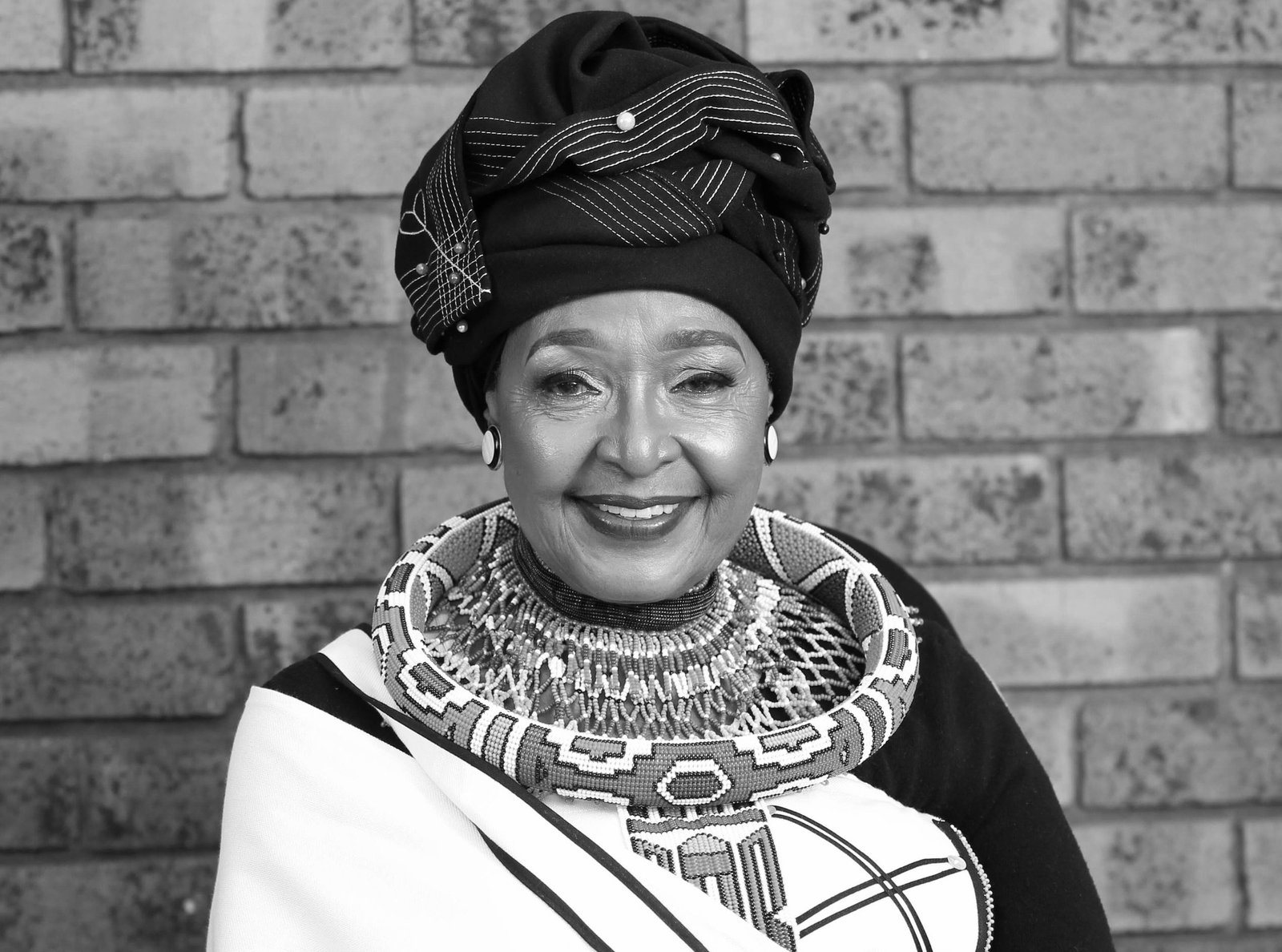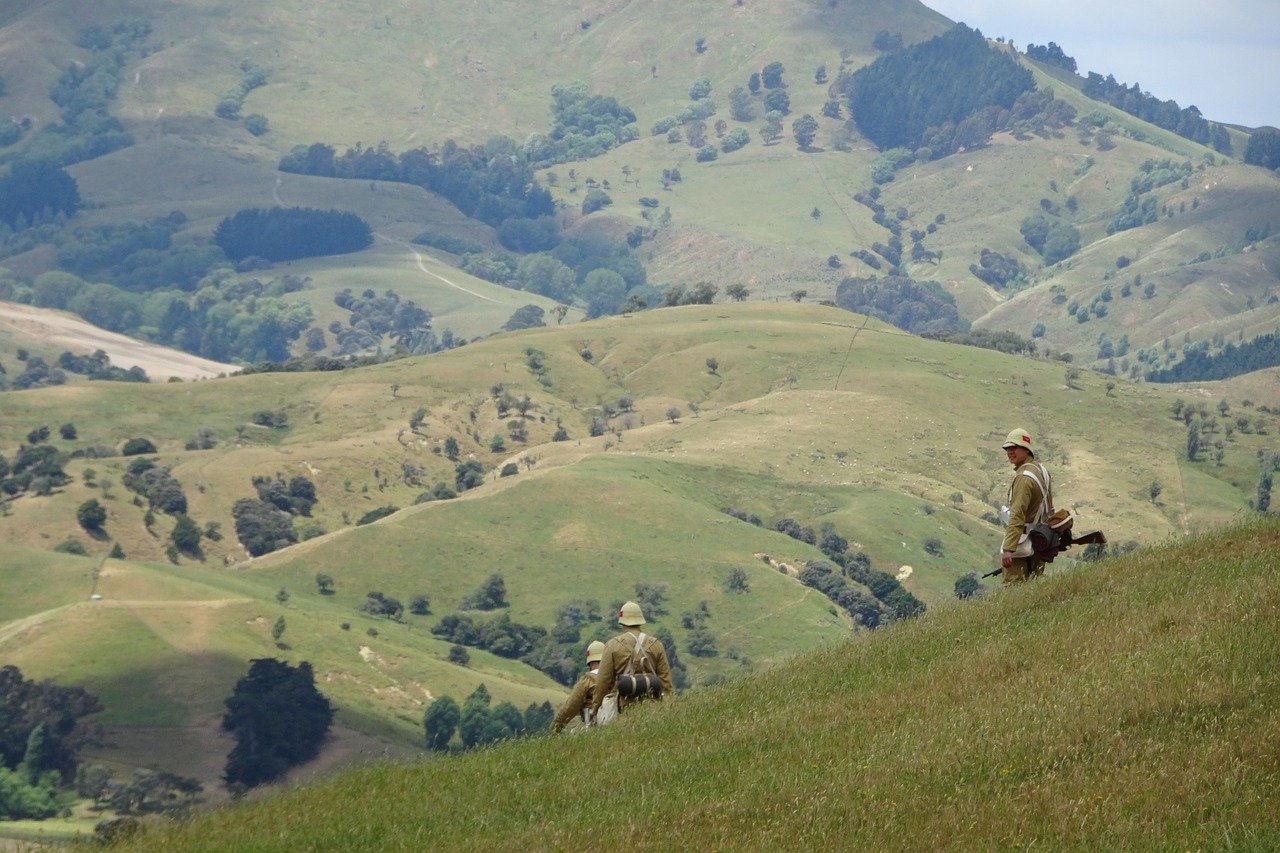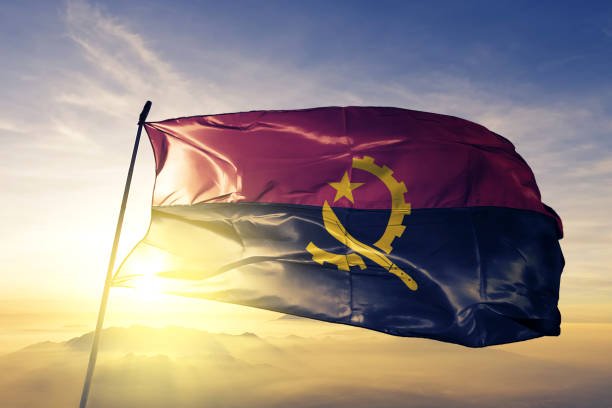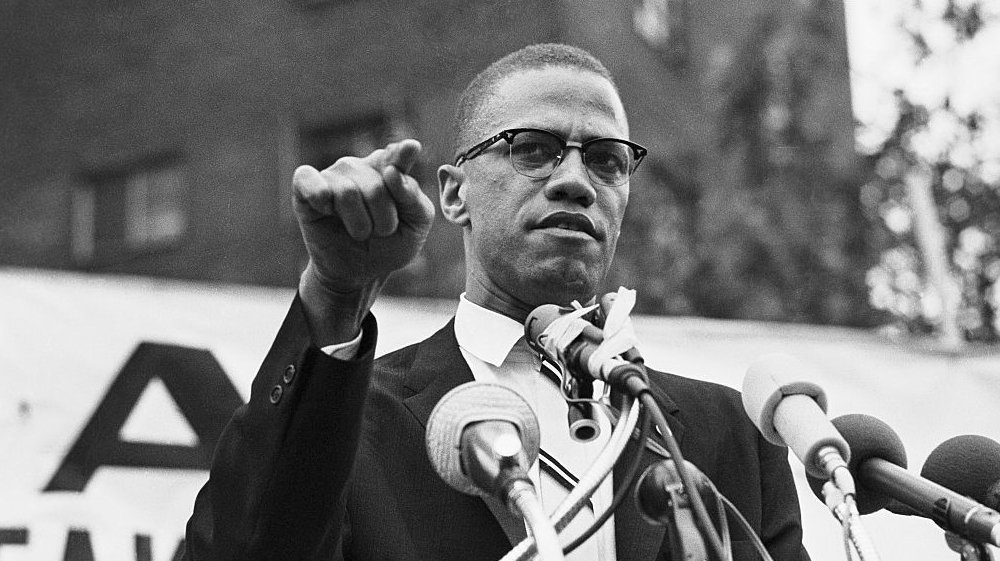The Role of South African Women in Fighting Against the Violation of Human Rights from 1950 to 1960: South Africa in the 1950s was marked by the implementation of apartheid laws, which enforced racial segregation and discrimination against black and non-white South Africans. The government was also repressive and authoritarian, curtailing civil liberties and suppressing any dissenting voices. In this environment, the role of women in the struggle for human rights was crucial.
Women’s organizations, resistance movements, protests, and international solidarity networks were all important components of the struggle against apartheid.
The Role of South African Women in Fighting Against the Violation of Human Rights from 1950 to 1960
Below, we will examine the role of South African women in fighting against the violation of human rights from 1950 to 1960.
Women’s Organizations Against the Violation of Human Rights
Women’s organizations played an essential role in the struggle for human rights in South Africa in the 1950s. Women established these organizations to fight against the discriminatory laws and policies of the apartheid government.
Some of the key organizations included the Black Sash, the Federation of South African Women (FEDSAW), and the Women’s Defence of the Constitution League. The Black Sash, founded in 1955, was a white women’s organization that opposed apartheid and campaigned for human rights. The Federation of South African Women (FEDSAW), established in 1954, was an organization of black women that aimed to improve the status of women and fight against the oppressive laws of apartheid. The Women’s Defence of the Constitution League, formed in 1956, was a multiracial women’s organization that opposed the introduction of laws that would restrict civil liberties.
List of Women’s Organizations Against the Violation of Human Rights from 1950 – 1960s
Here is a list of Women’s Organizations Against the Violation of Human Rights from 1950-1960s, organized by years:
1950
- The African National Congress Women’s League (ANCWL): The ANCWL was established in 1948 as the women’s wing of the African National Congress (ANC). Its main objective was to fight against apartheid and promote the rights of women in South Africa.
1954
- The Federation of South African Women (FEDSAW): FEDSAW was established in 1954 as an organization of black women to campaign against the oppressive laws of apartheid and to improve the status of women in South Africa.
1955
- The Black Sash: The Black Sash was founded in 1955 as a white women’s organization that opposed apartheid and campaigned for human rights. Its members wore black sashes as a symbol of mourning for the loss of human rights in South Africa.
- The Women’s Defence of the Constitution League: The Women’s Defence of the Constitution League was formed in 1955 as a multiracial women’s organization that opposed the introduction of laws that would restrict civil liberties.
1956
- The Women’s March: The Women’s March was a historic event that took place in 1956. Women of all races marched to the Union Buildings in Pretoria to protest against the Pass Laws, which required black South Africans to carry a passbook at all times.
1958
- The National Council of Women (NCW): The NCW was established in 1894 but became involved in the struggle against apartheid in the 1950s. The organization campaigned for the rights of women and against discriminatory laws and policies.
These are just a few examples of women’s organizations that were active in the struggle for human rights in South Africa from 1950-1960s. Many more women’s organizations were established during this time period, and their contributions to the fight against apartheid cannot be overstated.
Resistance Movements
Women were active participants in resistance movements against apartheid. They engaged in various forms of resistance, such as boycotts, demonstrations, and civil disobedience.
Women organized rent strikes and bus boycotts, which were effective in challenging the apartheid government’s policies. They also participated in the Defiance Campaign of 1952, which involved mass civil disobedience against unjust laws. The Women’s March of 1956 was a significant event in the resistance movement, where women marched to the Union Buildings in Pretoria to protest against the Pass Laws, which required black South Africans to carry a passbook at all times.
Women’s Protests
Women’s protests were also crucial in challenging the apartheid government’s policies. Women protested against discriminatory laws and policies, such as the Pass Laws, the Group Areas Act, and the Bantu Education Act.
In 1955, the Women’s Charter was adopted by FEDSAW, which called for equal rights for women and non-racialism. Women also protested against forced removals and the destruction of their homes and communities.
Women’s Imprisonment
Women activists faced arrest and imprisonment for their resistance against apartheid. They were often subjected to brutal treatment, including torture and solitary confinement. Some of the well-known women activists who were imprisoned during this period included Winnie Mandela, Albertina Sisulu, and Lilian Ngoyi. The conditions in prisons were harsh, and women were often subjected to poor hygiene, overcrowding, and limited access to medical care. However, their imprisonment did not deter them from continuing the struggle for human rights.
List of Examples of Women who were Arrested Fighting Against the Violation of Human Rights from 1950 to 1960
Many women were arrested during the struggle for human rights in South Africa from 1950 to 1960. Here is a list of some of the most prominent women who were arrested during this period:
- Winnie Mandela: Winnie Mandela was a prominent anti-apartheid activist who was arrested and imprisoned multiple times in the 1950s and 1960s. She was subjected to solitary confinement and other forms of mistreatment while in prison.
- Albertina Sisulu: Albertina Sisulu was a leader of the ANC Women’s League and was arrested multiple times for her activism against apartheid.
- Lilian Ngoyi: Lilian Ngoyi was a leader of the Federation of South African Women and played a key role in organizing the Women’s March in 1956. She was arrested and imprisoned for her activism.
- Ruth First: Ruth First was a journalist and anti-apartheid activist who was arrested in 1963 and imprisoned for over a year. She was later exiled from South Africa.
- Adelaide Tambo: Adelaide Tambo was a leader of the ANC Women’s League and was arrested and imprisoned multiple times for her activism.
- Dorothy Nyembe: Dorothy Nyembe was a leader of the ANC Women’s League and was arrested and imprisoned multiple times for her activism.
- Helen Joseph: Helen Joseph was a white anti-apartheid activist who was arrested and imprisoned multiple times for her activism. She was also subjected to house arrest and banned from political activity.
These women and many others were instrumental in the struggle for human rights in South Africa and their bravery and sacrifice continue to inspire people around the world today.
Women’s International Solidarity
International solidarity networks were also essential in the struggle for human rights in South Africa. Women played a significant role in establishing and participating in these networks. Women’s organizations in South Africa established links with women’s organizations in other countries, such as the Women’s International Democratic Federation (WIDF) and the World YWCA. Women also participated in international conferences and events, such as the Women’s World Congress in Copenhagen in 1953 and the Women’s International Peace Conference in Paris in 1956.
Conclusion
The role of South African women in fighting against the violation of human rights from 1950 to 1960 was significant. Women’s organizations, resistance movements, protests, imprisonment, and international solidarity networks were all important components of the struggle against apartheid. Women activists were at the forefront of challenging discriminatory laws and policies, and their contributions cannot be overstated.
The importance of the role of women in the struggle for human rights has implications for current and future struggles for human rights. It highlights the need for women’s voices to be heard and recognized in the fight against oppression and discrimination. It also underscores the importance of solidarity and collaboration in achieving meaningful change.
In conclusion, the role of South African women in fighting against the violation of human rights from 1950 to 1960 was vital in challenging apartheid and promoting human rights. Their legacy continues to inspire and motivate people around the world to fight for justice and equality.





